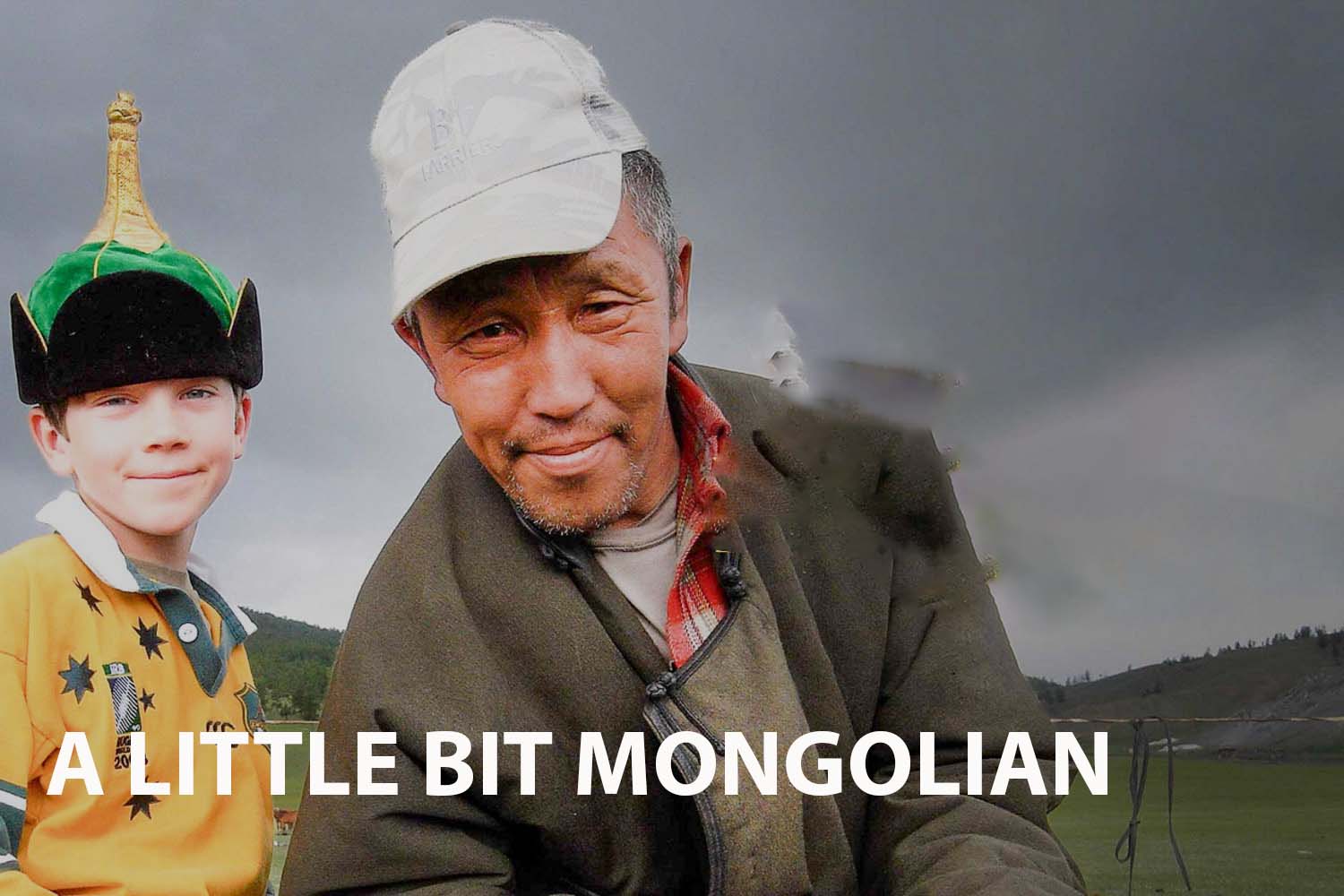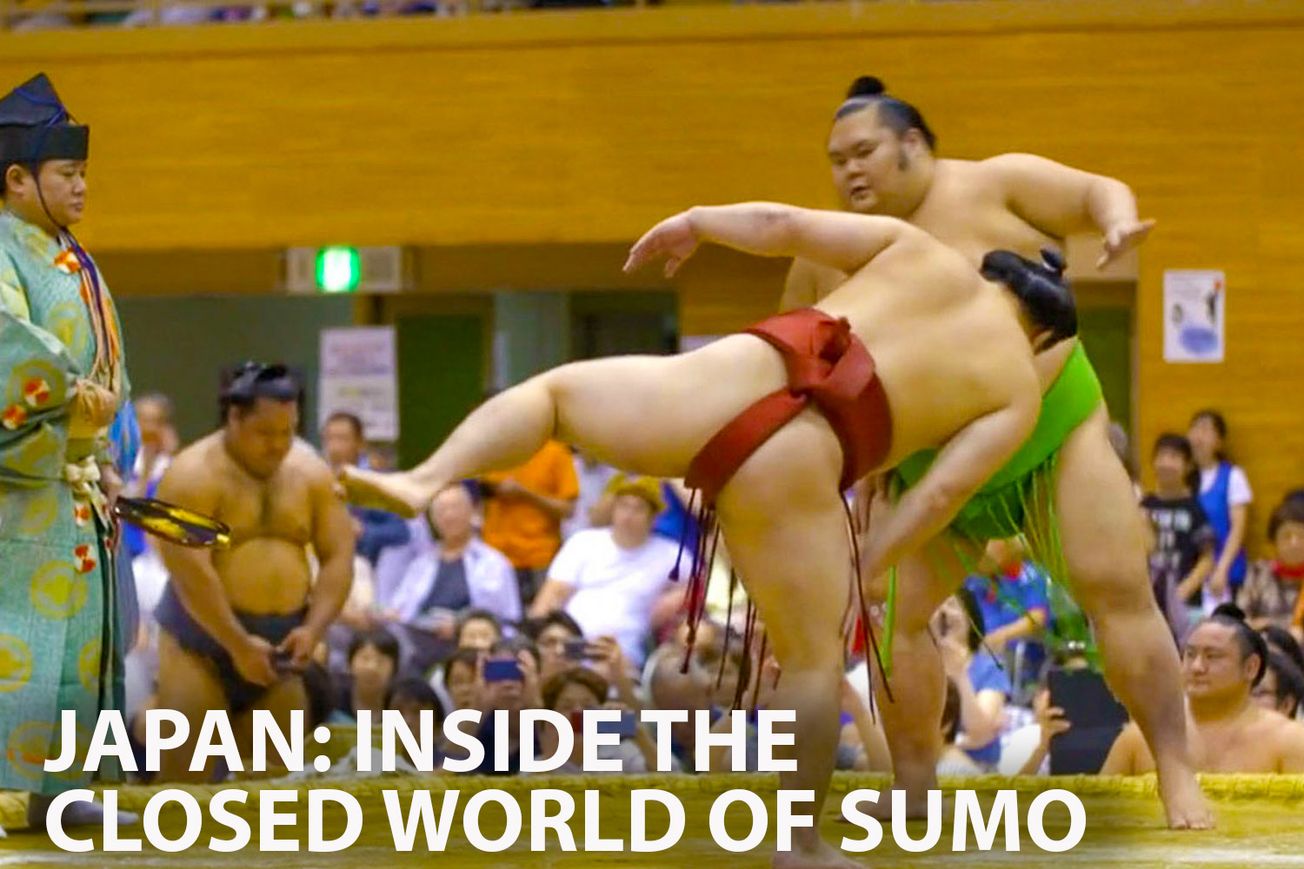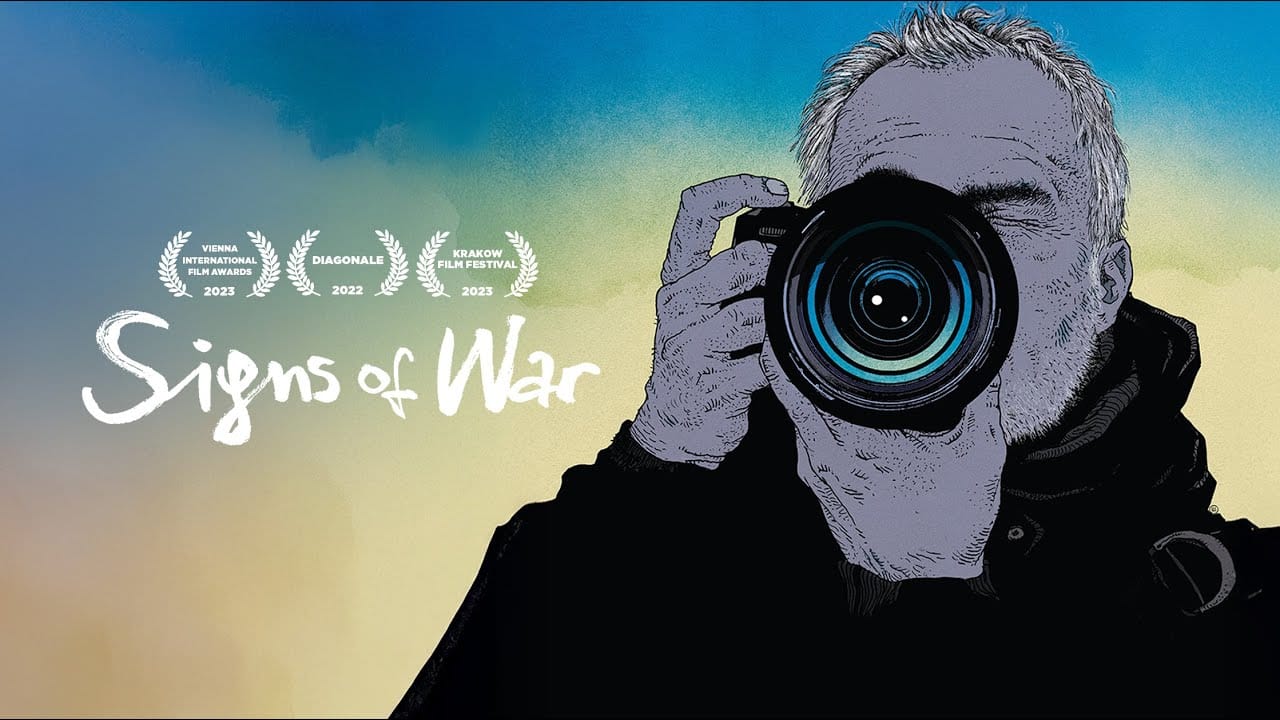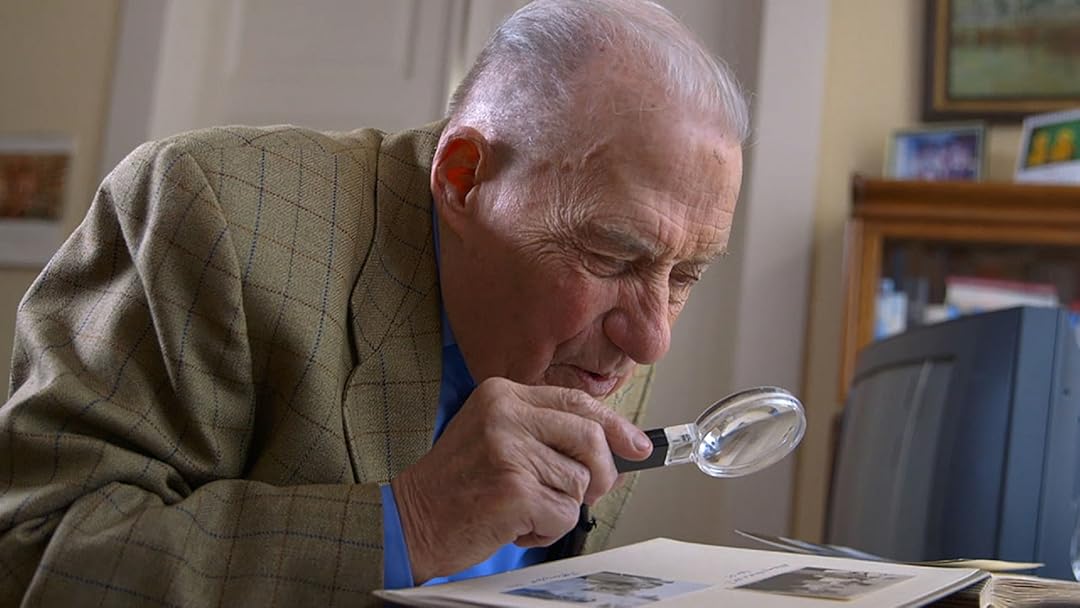Keywords: David Pocock, Rugby Union, Zimbabwe, Passion, True Grit. Three words: Inspiring, Engrossing, Biographical
Introduction
"True Grit" is an intriguing documentary directed by Australian Story, released in 2016. It provides an intimate look into the life of international rugby union star, David Pocock, and his partner, Emma. The film documents their visit back to Pocock's homeland, Zimbabwe, where key events during his childhood shaped his passion for rugby and his off-field pursuits.
Synopsis
"True Grit" takes viewers on a journey with David Pocock and his partner Emma to Zimbabwe. The documentary reveals how Pocock's experiences growing up in a country ravaged by political instability and economic collapse instilled in him the resilience and determination that have propelled his rugby career. It also explores Pocock's social activism, particularly his commitment to environmental and social justice.
More Film Analysis
Analysis
"True Grit" delves into Pocock's past, shedding light on his personal growth, career development, and activism. The documentary uses a mix of interviews, archival footage, and personal reflections to provide a holistic view of Pocock's life. Its depth of research and exploration of Pocock's off-field activities sets it apart from typical sports documentaries.
Historical and Factual Context
Understanding Zimbabwe's political history and economic turmoil provides crucial context to Pocock's story. The documentary presents a backdrop of a nation grappling with post-colonial struggles, racial tensions, and economic hardships - all of which played a significant role in shaping Pocock's character and worldview.
Key themes in the film
- Resilience in the face of adversity
- Passion for sport and social justice
- The influence of personal history on one's worldview
Film Comparisons
"True Grit" shares similarities with other sports biographies like "The Last Dance" and "Senna," but stands out due to its focus on Pocock's activism and the sociopolitical context of Zimbabwe.
Noteworthy Moments
A significant moment in the documentary is Pocock's return to his old school in Zimbabwe, where he reflects on how his experiences there contributed to his resilience and grit.
Reviews
This documentary has been well-received for its honest portrayal of Pocock's life and its nuanced exploration of the impacts of societal issues on individual lives. Critics have praised it for its depth, insight, and emotional resonance.
Conclusion
"True Grit" is an essential watch for rugby fans, those interested in social justice, and anyone seeking a story of resilience and determination. The film offers a valuable insight into the life of a sportsman who uses his platform for positive change.
More film information:
FILM SUMMARY
- IMDB score: 7.8/10
- Rotten Tomatoes score: 85%
- Metacritic score: 78%
- Film festival awards: N/A
PERSONALITIES
- David Pocock: International rugby union star known for his activism
- Emma Pocock: David's partner who shares his passion for social justice
LOCATIONS
- Zimbabwe: David's homeland and the setting for much of the film
Key Questions Raised by the Film:
- How do childhood experiences shape an individual's passion and career?
- What role can sportspeople play in social activism?
- How does national history and politics impact individual lives?
Links for Further Exploration:
I wonder what the film would be in another art form



- If this film was a famous book, it would be "To Kill a Mockingbird" for its exploration of societal issues and individual moral courage.
- If this film was a famous song, it would be "Eye of the Tiger" for its theme of triumph in the face of adversity.
- If this film was a famous piece of art, it would be Picasso's "Guernica" for its depiction of struggle and resilience.
- If this film was a famous celebrity, it would be Muhammad Ali, known for his sporting prowess and social activism.
- If this film was a color, it would be green, symbolizing Pocock's passion for environmental justice.
- If this film was a music style, it would be folk music, known for its storytelling and social commentary.








